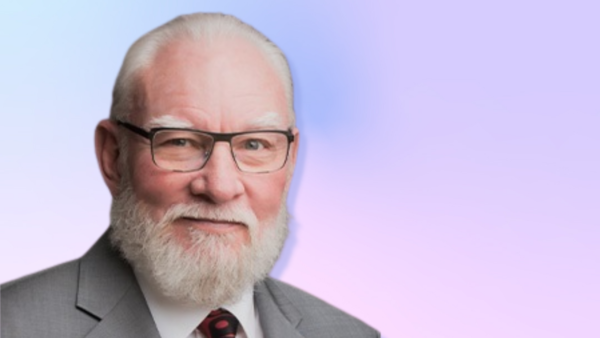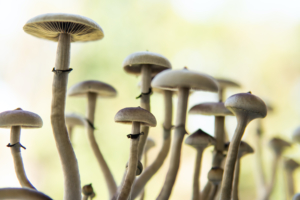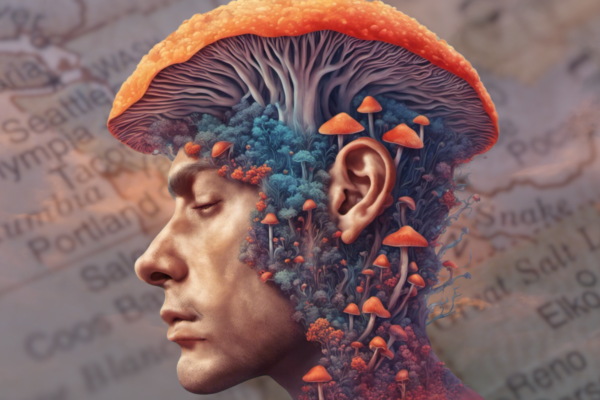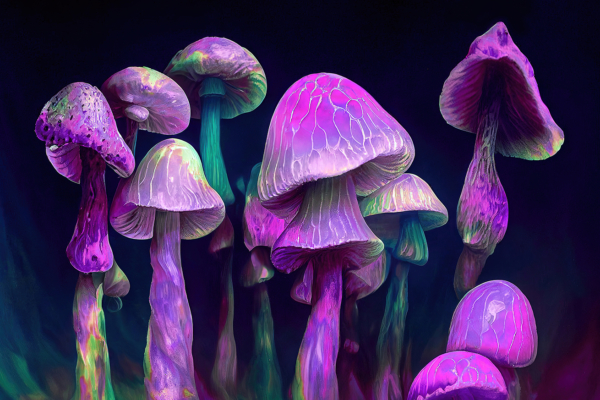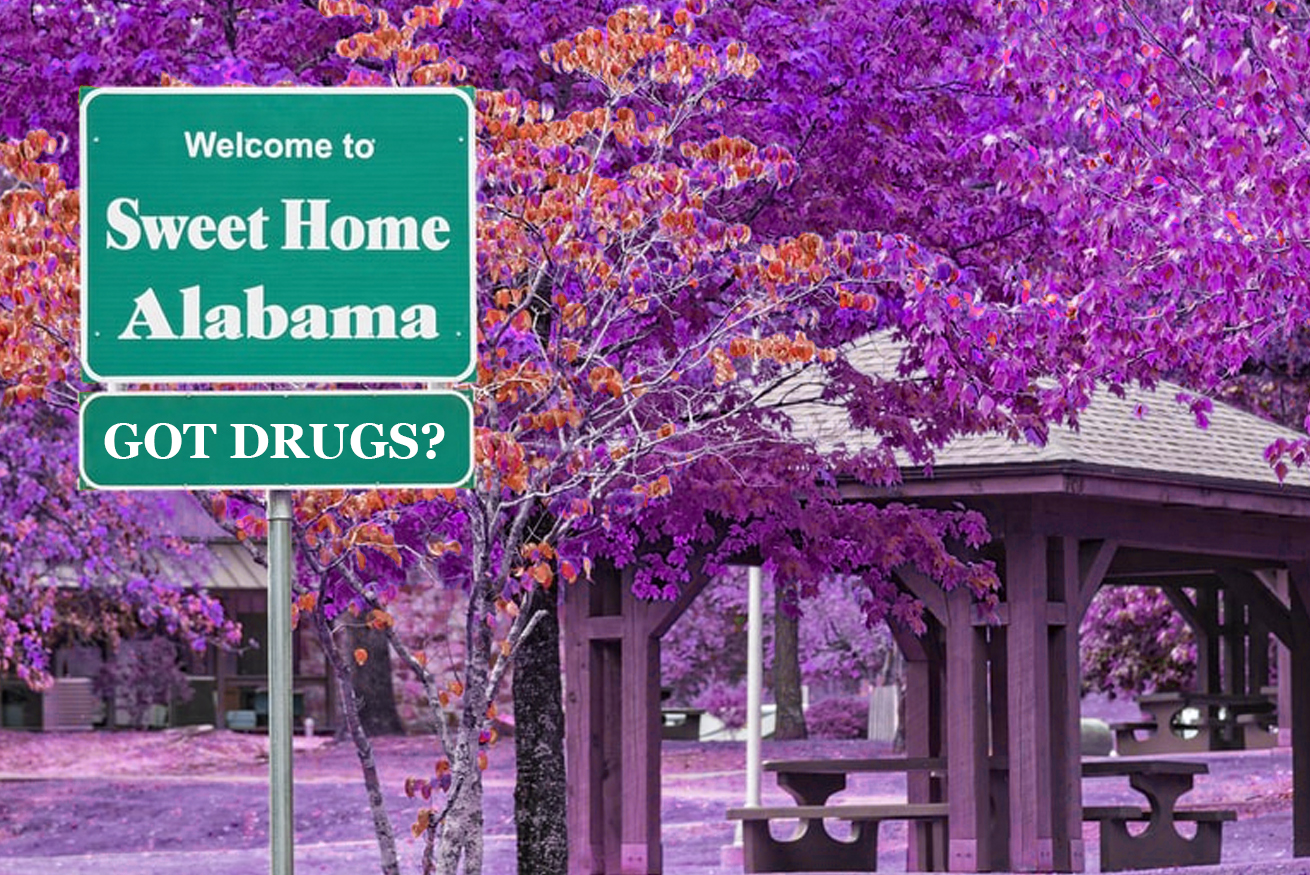
One of my first serious considerations when contemplating moving back to my hometown of Huntsville, Alabama from San Francisco was, “How am I going to do drugs there?” It’s not easy to find good drugs in Alabama.
It wasn’t terribly difficult to avail myself of drugs in SF. My deep ties with some extremely sex- and drug-positive communities made it even easier. In SF I walked a few blocks from my studio in the Tenderloin to the chic-er Nob Hill to buy any drug I wanted from a beautiful artist/Dominatrix.
Drugs were just part of the backdrop in San Francisco. Girls night watching movies? Ketamine. Pool party? Molly. Hike? Mushrooms. Tuesday night OnlyFans collab? Ketamine, coke, and whippets. I tried 2CB after a friend offered me some at a play party. Psychedelics were also easily obtained and easily consumed. I had an absolutely magical time laying in the grass in Big Basin on a large amount of molly and mushrooms, just staring at the trees and feeling unequivocally grateful to be alive.
Trying to find a similar kind of community in Huntsville has been slow-going. I found a group of wonderful kinksters. But when I asked around about sex-positive groups I got a lot of blank stares. They couldn’t be nicer people, but my scene is more “talking about eroding stigma, occasionally while on entheogens” than puppy play.
Moving here has given me new perspective on my former life. Compared to my associates, I felt I did a reasonable amount of drugs while there. Here, it feels like I was some kind of raging drug fiend.
The people I spend time around here drink a lot more alcohol and smoke a lot more cigarettes than the people I hung out with in SF. They don’t use drugs, for the most part.
On the one hand, there were elements to my drug use in SF that felt, even at the time, unsustainable. I remember sitting in the back of an Uber crossing the Bay Bridge at midnight or so with a massive sinus headache from too much ketamine, coke, and whippets. With a day job, a newsletter, an OnlyFans, volunteer work, and chronic illness, I knew I didn’t have the spoons to make this a lifestyle.
On the other hand, it would be a genuine challenge for me to do more damage to my brain or body with any of the drugs I was regularly consuming in SF than my friends here are doing with alcohol and cigarettes.
In the war on drugs, drugs are winning. Living in SF, which just decriminalized psilocybin, it was easy to believe the War on Drugs was ramping down. But fear of arrest, prosecution, incarceration, losing your kids, losing your job, etc. continues unabated in Alabama. People consume substances which they know are slowly killing them. In this situation, better, safer intoxicants are harm reduction. But people, especially the marginalized, choose a slow death over the chance of a speedy downfall at the hands of drug-warriors and the criminal justice system.
Alabama has the 7th highest rates of depression, high rates of smoking, and it’s fifth in the nation for mental illness generally. As a country we’re awash in “deaths of despair.” Suicide, alcohol dependency, and drug addiction are killing people at rates fast enough to cause average life expectancy to drop.
Psychedelics have been shown to treat these problems more effectively and with fewer side effects than what’s available legally.
There is hope on the horizon. At the University of Alabama, Birmingham Dr. Peter Hendricks, professor of public health, is studying psilocybin’s potential to treat cocaine addiction. Kenton Bartlett, LPC, offers Intensive Ketamine Assisted Psychotherapy and consultation around psychedelic and alternative therapies. But until psychedelics are as available and affordable as alcohol and cigarettes in Alabama, we’re still going to see a lot of unnecessary suffering and death.
For people like me –middle-class, cisgendered, white, and without severe mental illness– prohibition is mostly an inconvenience. But for the people who most need help, lack of access is an emergency. It’s a moral travesty that people in the states that need safe, effective treatment must risk their freedom, custody of their children, and their livelihoods to obtain it.
